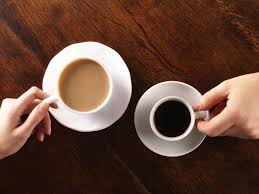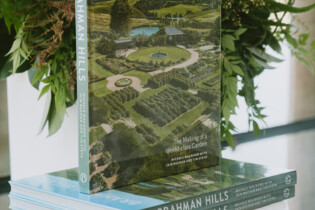To some, coffee drives away fatigue, headaches and lack of motivation.
Or perhaps you’re a recovering coffee addict who has now turned to the soothing varieties of tea to get a decent caffeine fix.Of course, coffee sometimes sounds more like an addiction than a drink and this is perhaps why tea gets the good reputation of being healthier. While tea is the most widely consumed beverage in the world next to water (and right before beer), coffee is also hugely popular. And both drinks have been around for a long time.
Tea was first discovered by the Emperor of China in 2737 BC while he was boiling water under a tree. When leaves accidentally fell into the boiling water, he tasted it and was surprised by its goodness. Tea then became popular among scholars and priests in China and Japan, who drank tea to stay awake, study, and meditate. This is perhaps why the hot drink has always been associated with mindfulness, calm, spirituality, and solid health.
Coffee is believed to have originated in the Ethiopian highlands, where legend says a goatherd named Kaldi noticed his goats became hyperactive after eating certain berries from a tree. Coffee then spread to monks at monasteries, where they drank the beverage to keep them alert while praying. From there, it began making its way across the Arabian Peninsula. Both coffee and tea remained Eastern beverages for a long time; coffee didn’t even arrive in Europe until the 17th century.
Both coffee and tea have their benefits, with some studies finding that coffee might have the ability to reduce the incidence of dementia or Alzheimer’s or even type 2 diabetes, for example. Coffee has a higher caffeine content than tea, meaning its levels of the stimulant might help people with asthma by relaxing the lung’s airways. Caffeine also helps in constricting blood vessels in the brain and reducing migraines, and often alleviates hangovers because of this. So if you’ve got a bad headache, taking some Advil with coffee and food (and water) might help you out.
Tea, on the other hand, is filled with antioxidants and potential cancer-fighting properties. anything that contains caffeine, way too much coffee and tea could result in increased anxiety, tachycardia, heart palpitations, insomnia, restlessness, and nausea. High amounts of unfiltered coffee, meanwhile, has been linked to higher levels of bad cholesterol, LDL. Tea contains fluoride, and while this is good for your dental health, too much of it may increase your risk of brittle bones and osteofluorosis.
Both drinks have vague cons and benefits. So enjoy your caffeine and remember to take your coffee breaks or meditative tea breaks every so often.









